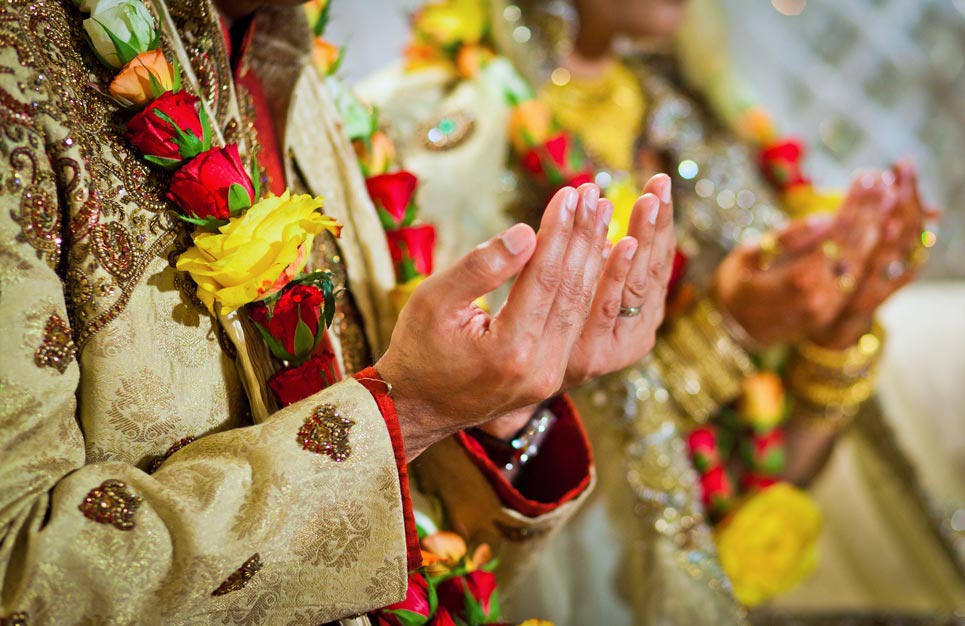Muslim Marriage Act
The Muslim marriage is governed not by the Indian Majority Act, 1875 but by Muslim law itself. According to Muslim Law, Marriage / 'Nikah' is a contract underlying a permanent relationship based on mutual consent.
Essential Features of Muslim Nikah -
- A Muslim marriage requires proposal (Ijab) from one party and acceptance (Qubul) from the other as is required for a contract.
- There can be no marriage without free consent and such consent should not be obtained by means of coercion, fraud or undue influence.
- Just as in case of contract, entered by a guardian, on attaining majority, so can a marriage contract in Muslim Law, be set aside by a minor on attaining the age of puberty.
- The parties to a Muslim marriage may enter into any ante-nuptial or post-nuptial agreement which is enforceable by law provided it is reasonable and not opposed to the policy of Islam. Same is the case with a contract.

- The terms of a marriage contract may also be altered within legal limits to suit individual cases.
- Although discouraged both by the holy Quran and Hadith, yet like any other contract, there is also provision for the breach of marriage contract.